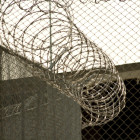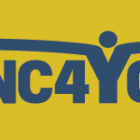
Pennsylvania Court Ruling Says Colleges Have Right to Incoming Students’ Juvenile Delinquency Records
|
Last week, an attorney representing an incoming freshman with intentions of attending Temple University asked Pennsylvania’s Superior Court to reconsider the state’s “Juvenile Act,” following an appeals court ruling that allowed the university to be informed of his client’s previous delinquency history. In a 2-1 decision, judges upheld a previous Lehigh County juvenile court ruling which said that the state’s “Juvenile Act” could be extended to universities and colleges. Following the ruling, attorney Gavin Holihan filed a motion asking the court to reargue the case, this time in front of a larger panel of judges. Pennsylvania’s “Juvenile Act” requires schools to be notified if an enrolled student is found delinquent of a crime, with additional information required if the crime constitutes a felony. At 17, Holihan’s client had been found delinquent of disseminating child pornography on a file-sharing network.








